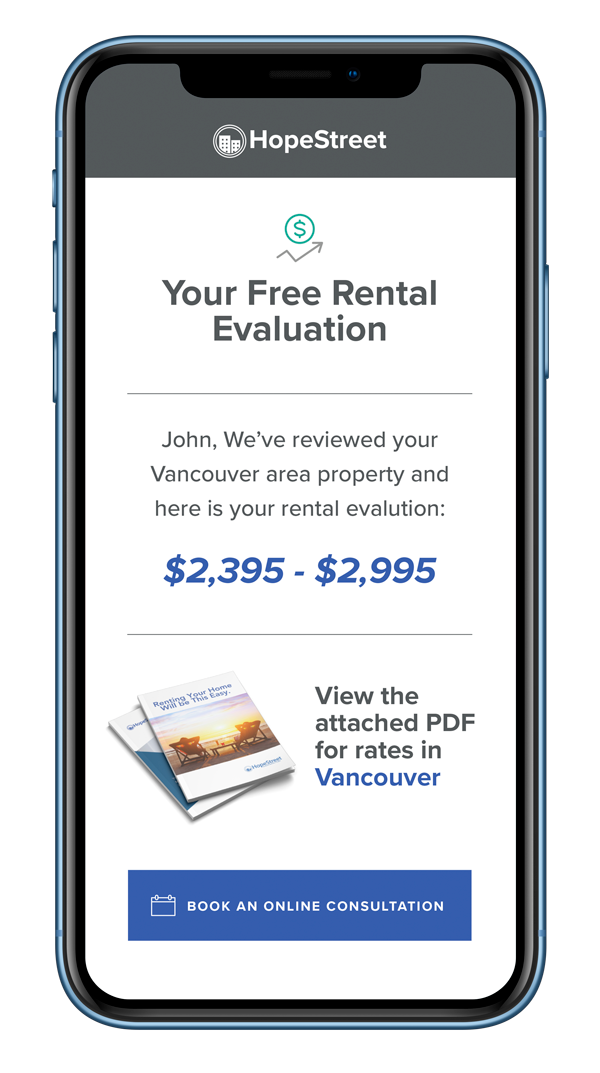I originally published this article in 2008 on real estate blog called bumble
I grew up in the rental real estate business. My dad was a landlord and so was his dad. Suffice it to say, I was clearly convinced at an early age that the easiest way to get rich was to buy one or more houses, pay them off, and live the high life. Sound familiar? Well I bought into it, I bought into the American dream as well, and so did most of my friends. Then one day, the housing bubble burst and we were left hanging onto property that was over financed. I felt like a donkey chasing the proverbial dangling carrot of increasingly elusive home equity. In some cases, our tenants were paying less than we were paying to have them live in our houses.
So here is the problem with home ownership: it doesn?t work anymore. This article will examine the ways that, in light of a changing economy, renting your primary place of residence is a far more financially prudent move that owning it.
Owning a home requires a significant financial effort. Although bank financing packages and sub-prime mortgages were available providing up to 120% financing, these days, one is forced to come up with some form of down payment, at 5% a $350,000.00 home requires a $17,500.00 nest egg or roughly four months? salary for the average person. No problem, right? Generous parents, personal savings, retirement savings, and bake sales can all contribute to that down payment. Those of us lucky enough to get the down payment together are then pleased to find that homeownership gets even more expensive through home maintenance, realtor fees, legal fees, property insurance, mortgage insurance, etc, etc., etc.
Renting a home, on the other hand, costs less and frees up more money for other uses. Renting a home does not require any material form of down payment other than a single month?s rent and a security deposit, which you will get back with interest assuming you are a good tenant. Suffice it to say, one is not required to dip into retirement or children?s education savings to get the home. Better yet, the landlord shall be required to perform most maintenance, any property management or legal fees related to renting the house are paid by the landlord, property insurance costs are born by the owner of the property, and let us not forget that if the property should happen to fall into the foreclosure trap ? it?s not your fault, not your problem, and not your neck.
Let?s take the example of a $350,000.00 home on Main Street in your town or city. If your town is like mine, the home would rent for about $1250.00 per month.
The copiously rich Mr. Smith decides to buy this home for cash. He enjoys an enviable life in a mortgage free home, but pays property taxes at $200 per month, he decides to insure his home against fire for $50 per month, every now and then something on the home breaks, which he fixes. The average monthly cost for repairs works out to about $150 per month. When he bought the house, his lawyers charged him $1200, the following year the town council decides to repave the back alley resulting in a special tax assessment of $1200, the year after that, the neighbour approaches Mr. Smith about replacing the fence, the two parties share the cost and each pays $1200. Mr. Smith decides that every year some major form of property enhancement expense will come up, and he is happy to budget an extra $1200 per year. Seems reasonable, and no big deal right? Mr. Smith, after having paid off his house entirely has monthly ownership expenses equal to $700, luckily he can afford this amount and doesn?t worry about it. One day Mr. Smith decides to open an investment account at a local bank and realizes that he no longer has $350,000 cash in his savings account because he used the money to buy the house. Both Mr. Smith and his financial advisor mourn the loss of these funds that would otherwise provide a stable 5% return of about $1450 per month. Mr. Smith realizes that owning his home, despite it being completely paid off, costs him $2150 per month!?!
Meanwhile, in a parallel universe the copiously rich, and copiously smart Ms. Young decides to rent the very same home. As luck would have it Ms. Young also happens to have $350,000 in cash available but invests the funds into a stable investment account that her bankers recommended, it pays her 5% per year or $1450 per month. She likes the landlord and agrees to pay $1250 per month, due on the first day of the month and paid in advance. The landlord agrees to pay the property taxes, insurance, special assessments, and even offers one month free rent (as do all landlords in today?s market). Ms. Young sleeps easy at night knowing that she can afford the rent of about $1145 per month after the landlord?s generous discount, and knows that she is not in debt. She reads the newspapers and feels sorry for the hoards of people on Main Street who are dealing with the foreclosure monster, and feels happy that the home she lives in actually pays her $300 per month after taking into account the return from her $350,000 investment.
Convinced yet? After a few years, Ms. Young?s landlord drops her rent further in order to entice her to stay in the property in light of a crumbling housing market. The new rate: $1000 per month.
Renting a home costs less, frees up more cash for investing, and provides a risk free form of existence.
Sometimes one truly has to wonder why we all seem to strive for home ownership?I don?t anymore.

